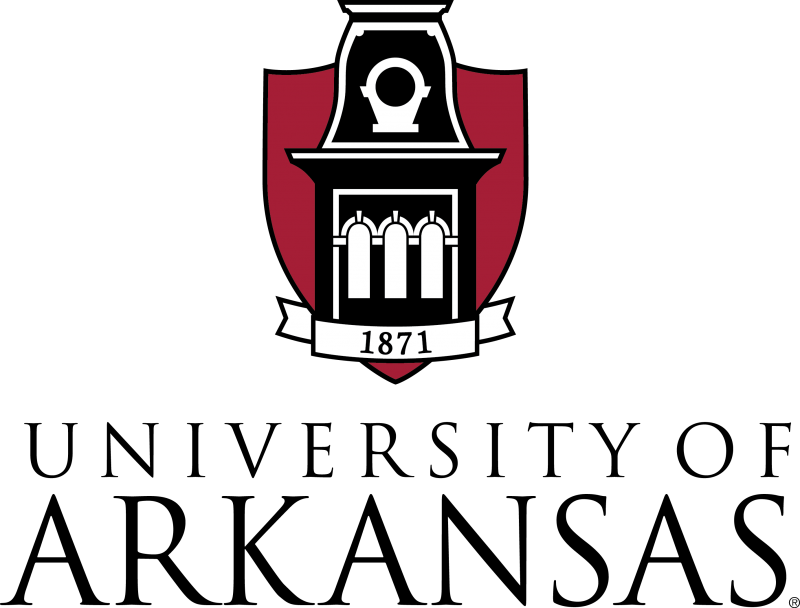Arkansan Dewey Hickey demonstrates the touch and grip force he’s able to experience with his prosthetic. Photo by Russell Cothren.
Biomedical Researchers Help to Restore Touch – and Hope – for Amputees
By Jennifer Holland
The Institute for Integrative and Innovative Research (I³R) at the U of A has restored more than just feeling for Dewey Hickey, a prosthetic recipient and Arkansan; it has restored a sense of hope, as well.
Hickey, who had a bicycle accident in fourth grade and a subsequent amputation of his left hand years later, is the first Arkansan and second person in the world to receive I³R’s novel prosthetic device, which restores a meaningful sense of touch and grip force to individuals who have an upper limb amputation.
“This prosthetic is not comparable to any of the prosthetics I’ve had in the past,” Hickey said. “I’ve never had any sense of feeling with anything I’ve had before. It’s incredible to be able to touch something and all the sudden feel what I’m touching.”
The neural-enhanced prosthesis was invented and developed with funding from the National Institutes of Health by an engineering team led by Ranu Jung, Ph.D., and James Abbas, Ph.D., while serving as faculty researchers at Florida International University and Arizona State University.
Now with I³R, Jung and Abbas and their Adaptive Neural Systems team have partnered with surgeons Erica Petersen, John Bracey and Mark Tait of the University of Arkansas for Medical Sciences to implant 15 microelectrodes in nerves and a neurostimulator in the upper arm to enable communication between Hickey and the prosthesis.
Abbas said, “We created this prosthetic system to allow someone who uses a motorized prosthesis to feel what they’re touching.” He explained that one of the important tasks – and challenges – of the project was to ensure it could be used at home, with simplicity of use and minimal setup time.
Jung noted, “For humans, touch is central to how we experience and connect with our environment and with other people. This project gives a pathway to restore that sense of touch and wholeness to that person.”
An ongoing clinical trial titled Neural Enabled Prosthesis for Upper Limb Amputees tests the novel prosthetic hand system, which has been approved by the Food and Drug Administration for investigation. The system has the potential to deliver meaningful sensations of touch, grip force and hand opening to the user and is supported by the U.S. Department of Defense and National Institute of Biomedical Imaging and Bioengineering of the National Institutes of Health.
Chancellor Charles Robinson said, “The groundbreaking work being done by Drs. Jung and Abbas and their teams at I³R exemplifies what we mean by ‘research excellence’ at the University of Arkansas. This technology is improving the lives of Arkansans today, and it will benefit countless others across the country and world in the years ahead.”
I³R’s current research projects fall under the umbrella of Integrative Health, the institute’s initial Grand Challenge. In August 2023, I3R announced a collaboration with Walter Reed National Military Medical Center to expand their clinical trial. The collaboration, funded through a $4.9 million grant from the Department of Defense Joint Warfighter Medical Research Program, establishes Walter Reed as a second site for the clinical trial and expands it to U.S. service members and their dependents.
“Research excellence is what puts us in the forefront of providing solutions to our own community, to our region and our world,” Jung said.

From left, UAMS surgeons Mark Tait, John Bracey and Erika Petersen, and Adaptive Neural Systems Group members James Abbas, Ranu Jung, Sathyakumar Kuntaegowdanahalli and Anil Thota. Photo by Evan Lewis, UAMS

